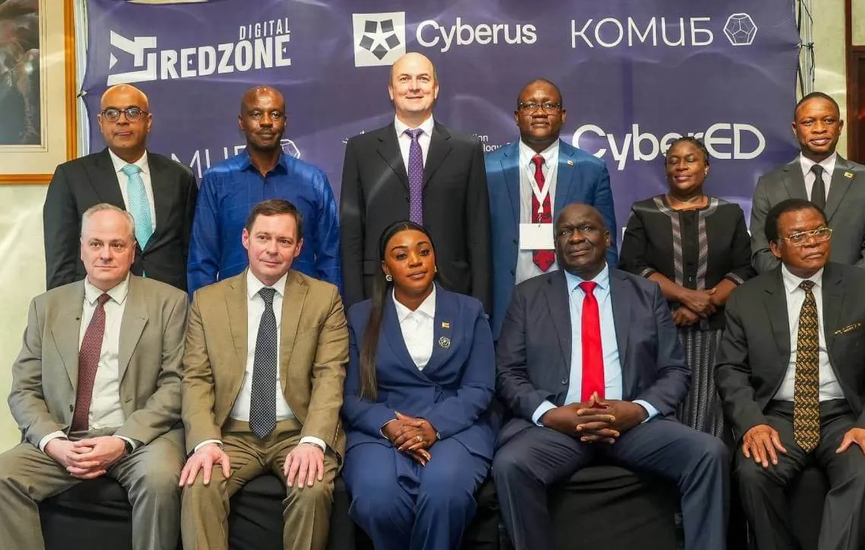Zimbabwe has entered into a strategic partnership with Russia’s Cyberus Technology to launch a nationwide cybersecurity training initiative aimed at empowering 15,000 young people with essential digital defense skills. The collaboration was formalized through a memorandum of understanding signed during the National Cybersecurity Conference and Expo held in Harare in October 2025. Spearheaded by the Ministry of ICT, Postal and Courier Services, the program is a cornerstone of Zimbabwe’s broader digital transformation agenda, designed to build a resilient cyber workforce and prepare the country for the demands of the Fourth Industrial Revolution.
The training initiative is fully funded by a $100 million investment from Russian partners and will be implemented through the Cyberus Foundation. It includes the establishment of a state-of-the-art tech hub that will serve as a center for learning, innovation, and research. Participants will receive comprehensive instruction in key areas such as ethical hacking, penetration testing, cyber defense, and digital forensics. The curriculum blends online modules, hands-on labs, and mentorship from seasoned cybersecurity professionals, ensuring that graduates are equipped with practical, industry-relevant skills.
Government officials have hailed the program as a transformative step toward strengthening Zimbabwe’s digital infrastructure and enhancing national security. ICT Minister Dr. Tatenda Mavetera emphasized that the initiative reflects the country’s commitment to youth empowerment, job creation, and technological advancement. By investing in cybersecurity education, Zimbabwe aims to close the skills gap in the tech sector and position its workforce to compete in global digital markets. The program also addresses pressing challenges such as cybercrime and data protection, which are increasingly critical in today’s interconnected world.
This partnership with Russia signals a deepening of bilateral cooperation in technology and education, and positions Zimbabwe as a regional leader in cybersecurity capacity building. As cyber threats become more sophisticated and pervasive, the need for trained professionals is urgent. Through this initiative, Zimbabwe is not only investing in its future workforce but also laying the foundation for a secure and inclusive digital society. The success of the program could serve as a model for other African nations seeking to harness technology for sustainable development, national resilience, and global competitiveness.
